How extracurricular activities in schools can help educational institutions stand out
In a world where every minute and every resource are valuable, educational leaders are constantly challenged to enrich their students' learning experience beyond the classroom. However, the current reality shows that the offer of extracurricular activities in schools is quite similar, leaving many frustrated by the difficulty of standing out.
Your educational institution may be in this situation, facing challenges such as budget constraints, limited resources, a low percentage of participation in school activities, difficulties aligning extracurricular activities with educational objectives, or simply a lack of time to search for options and know how to successfully organize after school program activities.
Whatever limitations your institution may face, in this article, you will find tips and strategies to overcome these obstacles and organize extracurricular activities that enrich your students' educational experience.
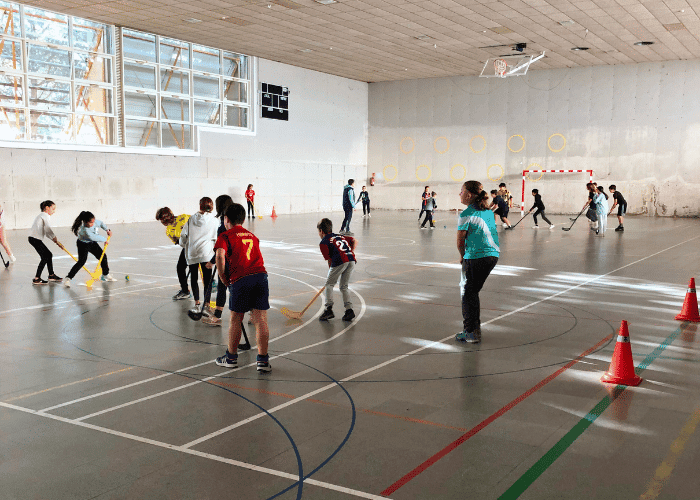
What are extracurricular activities for schools exactly?
We consider extracurricular activities in schools to be those conducted by an educational institution outside of school hours, voluntary in nature, and exclusively aimed at the institution's students.
These activities are aimed at both expanding or consolidating the knowledge imparted during regular classes (such as math tutoring, mandatory language classes, etc.) and other types of activities aimed at fostering various aspects of educational formation (secondary languages, music, sports, etc.).
Furthermore, extracurricular activities, whether educational, cultural, or recreational, can include those conducted inside or outside the educational institution, involving students, faculty, and, where applicable, parents, organized by the educational community.
Benefits of extracurricular activities in schools
Extracurricular activities in schools are designed to promote the holistic development of students. These activities represent a stimulating challenge aimed at fostering the discovery and development of their capacities, talents, skills, and abilities. However, not only students benefit from these activities. Some of the benefits of extracurricular activities in schools include:
For students
-
- Increased academic performance.
- More positive attitude towards school or institution and greater sense of belonging.
- Increased social skills.
- Increased psychosocial competencies.
- Learning emotional management.
- Promotion of sports and healthy habits.
For families
- Work-life balance.
- Creating opportunities for families to connect and relate to each other through events and community activities.
- Encouraging active parental involvement by engaging in extracurricular activities as volunteers or spectators.
For schools
-
- Fostering loyalty among families and students.
- Improvement of the school environment.
- Increase in student motivation and commitment.
- Revitalization of facilities.
- Reinforcement of the reputation and image of the center.
- Risk-free revenue stream.
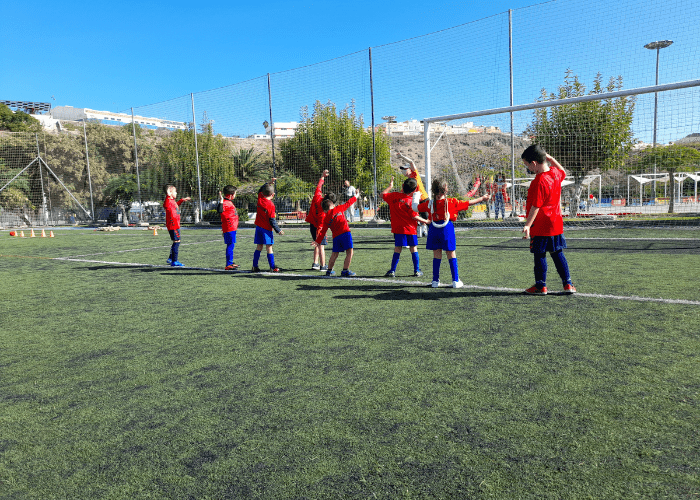
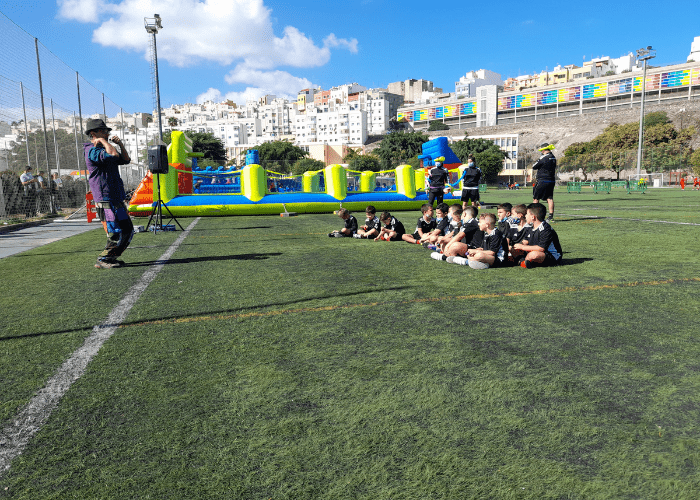
Identifying challenges in organizing extracurricular activities
When organizing extracurricular activities, educational institutions face a series of challenges that can hinder the process. These challenges include:
- Limited budget: With tight financial resources, funding attractive and enriching activities can be difficult. Strategies to work within a limited budget include:
- Seeking local sponsorships.
- Utilizing existing resources within the institution.
- Collaborating with other institutions to share costs.
- Low participation rates: Sometimes, students may not be interested in participating in the offered extracurricular activities or may face barriers preventing them from participating, such as transportation issues or lack of time. To address this challenge, it is important to:
- Learning how to increase student participation in extracurricular activities.
- Ensure activities are accessible and appealing to all.
- Difficulty aligning with educational objectives: It is essential that activities complement and reinforce what is taught in the classroom, but finding the right balance can be challenging. To overcome this challenge, it is helpful to:
- Involve teachers in the planning process.
- Design activities that promote learning and the development of specific skills.
- Lack of time: Educational institution leaders often have multiple responsibilities and priorities, which can make it difficult to find time to dedicate to planning and organizing extracurricular activities. To address this challenge, it is important to:
- Utilize available tools and resources that can help simplify the process.
- Prioritize activities that are easy to organize and provide high educational value.
After school program activities
Educational institutions, aware of the importance of enriching the educational experience beyond the classroom, offer a wide range of extracurricular activities tailored to the needs and interests of their students. These after school program activities can be divided into different categories:
1. Sports extracurricular activities ⛹️🎾
In this category, there are both classic sports such as soccer, basketball, tennis, and swimming, as well as innovative sports activities like ultimate frisbee, multi-sport programs, or flag football. Additionally, a differentiation strategy for some institutions may be to specialize in a specific sport, which not only increases the sense of belonging but also attracts students from other institutions interested in that discipline.
2. Language extracurricular activities 🇬🇧🇩🇪🇫🇷🇨🇳
Learning new languages is essential for navigating a globalized society. Institutions can offer extracurricular activities in a wide variety of languages, such as Spanish, German, French, or Chinese.
In addition to regular classes, an added value would be to offer preparatory classes for official certification exams, allowing students to obtain official recognition of their language skills. This not only enhances their academic and professional competitiveness but also gives them greater self-confidence.
3. Artistic extracurricular activities 🎭💃
Artistic activities such as music, singing, theater, dance, ballet, flamenco, magic, circus, and literature offer students the opportunity to explore and develop their creativity and personal expression, thus fostering their comprehensive development.
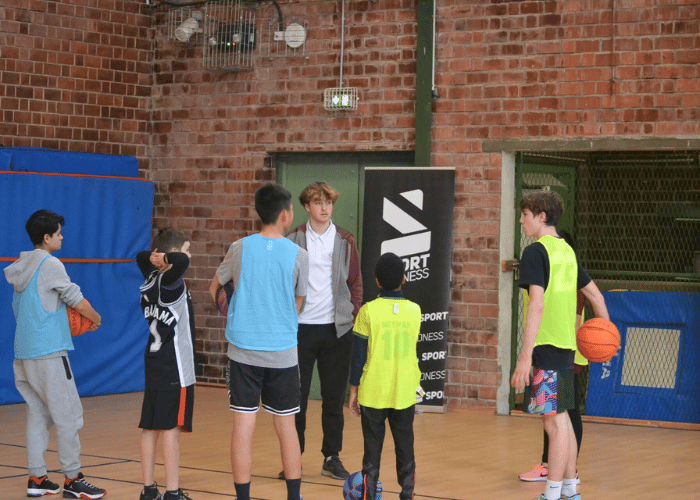
4. Didactic and digital extracurricular activities for schools 🔬 🖥️
These activities are designed to develop ingenuity and acquire new skills. Students can participate in activities that provide practical tools and life skills, such as:
- Science
- Journalism
- Cooking
- Robotics
- Coding
- Video game design
- Study techniques
- Entrepreneurship
- Emotional intelligence
5. Martial arts 🥋
In addition to offering physical benefits, martial arts such as judo, karate, and taekwondo promote values such as respect, discipline, and self-confidence, while teaching important self-defense skills. These activities can be an excellent option for students interested in exploring physical and mental disciplines.
How to organize extracurricular activities for schools in your institution?
Many educational institutions choose to organize extracurricular activities internally, assigning this task to a designated staff member. However, it is crucial to consider that this task entails an additional burden for the institution's staff. It requires time, dedication, and constant management, as it goes beyond simply establishing an offering of extracurricular activities. It is essential to supervise and manage these activities continuously to ensure their quality and effectiveness.
Faced with the complexity and demand for resources associated with internal management of extracurricular activities, more and more educational institutions are opting to collaborate with extracurricular activity companies, such as Sportmadness.
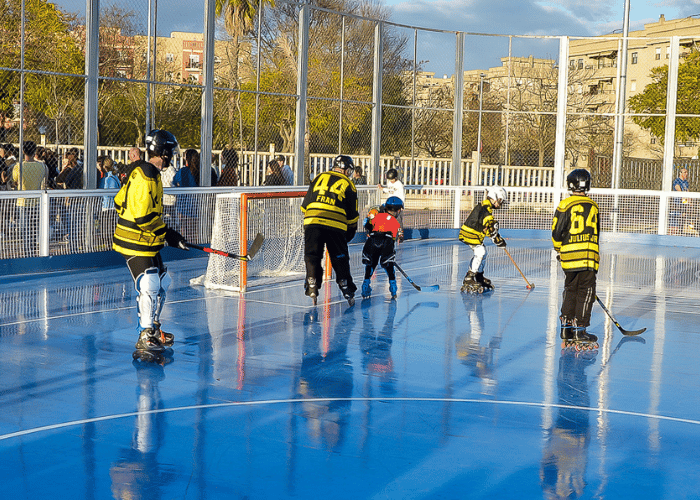
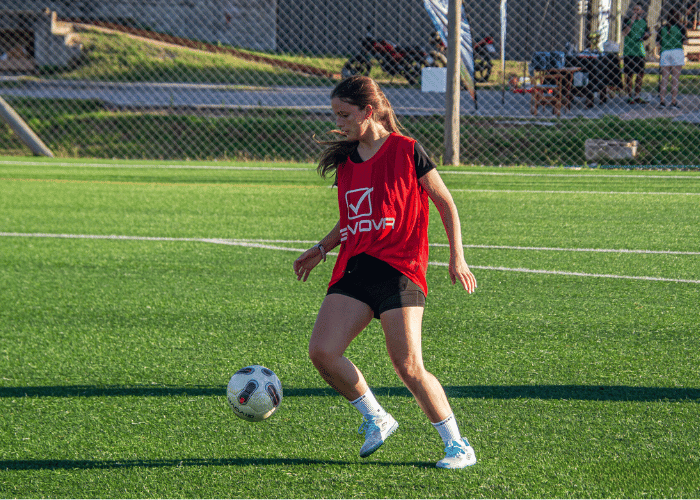
Why Sportmadness?
Sportmadness not only provides the experience, resources, and personnel necessary to plan, organize, and execute a wide variety of activities efficiently and effectively but also adapts to the specific needs of each institution. Our services include:
- Organization of extracurricular activities in schools
- Direct communication with families and the school
- Civil liability and accident insurance
- Creation of registration web pages
- Design of posters and flyers for activity promotion
- Photographic reports
- Hiring and coordination of instructors
This is how some schools overcome time, budget, and resource limitations to provide exceptional extracurricular activities.
Collaborating with extracurricular activity companies like Sportmadness offers more than just organizing activities. We also help educational institutions identify and organize other additional opportunities and services. These services include:
- School events, such as school Olympics, special days celebrations, escape rooms, obstacle courses, inter or intra-school competitions, among others.
- Extracurricular activities for parents, which can be carried out while students participate in their own activities. The program for parents may include pilates, yoga, or language classes, aimed at providing a space for learning and relaxation for parents.
- End-of-term trips or Winter Breaks, providing students with enriching experiences outside the usual school environment.
- Morning daycare services, which can be especially useful for parents who need childcare before the start of classes.
- Summer camps offering learning opportunities, language immersion, and fun during school holidays.
Do you want to offer quality extracurricular activities in your school without sacrificing your time or that of your team?
⬇️ Fill in the form below to contact us and we will take care of everything for you! ⬇️
Formulario Sportmadness contacto EN
Contacto formulario Sportmadness.es
